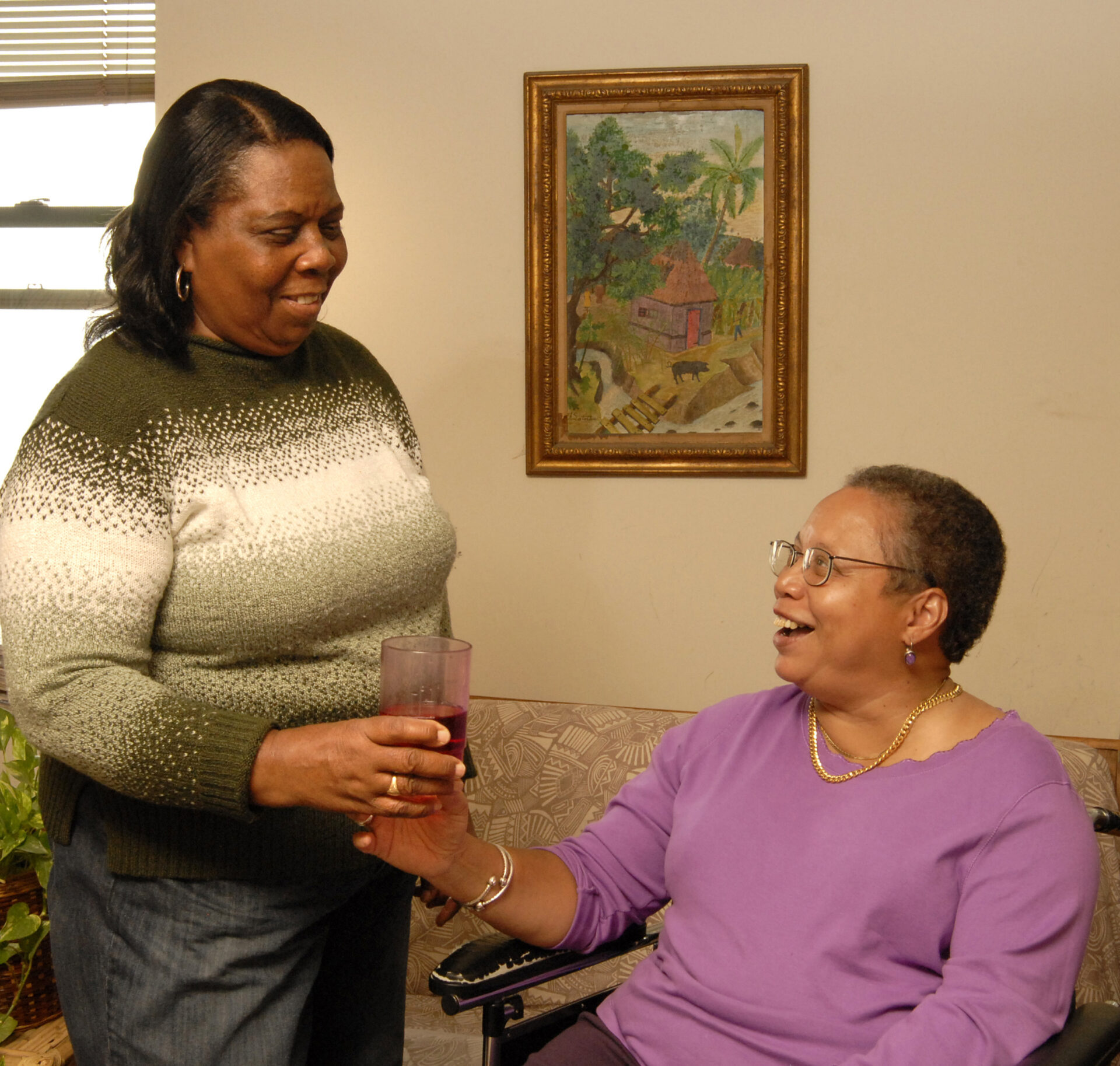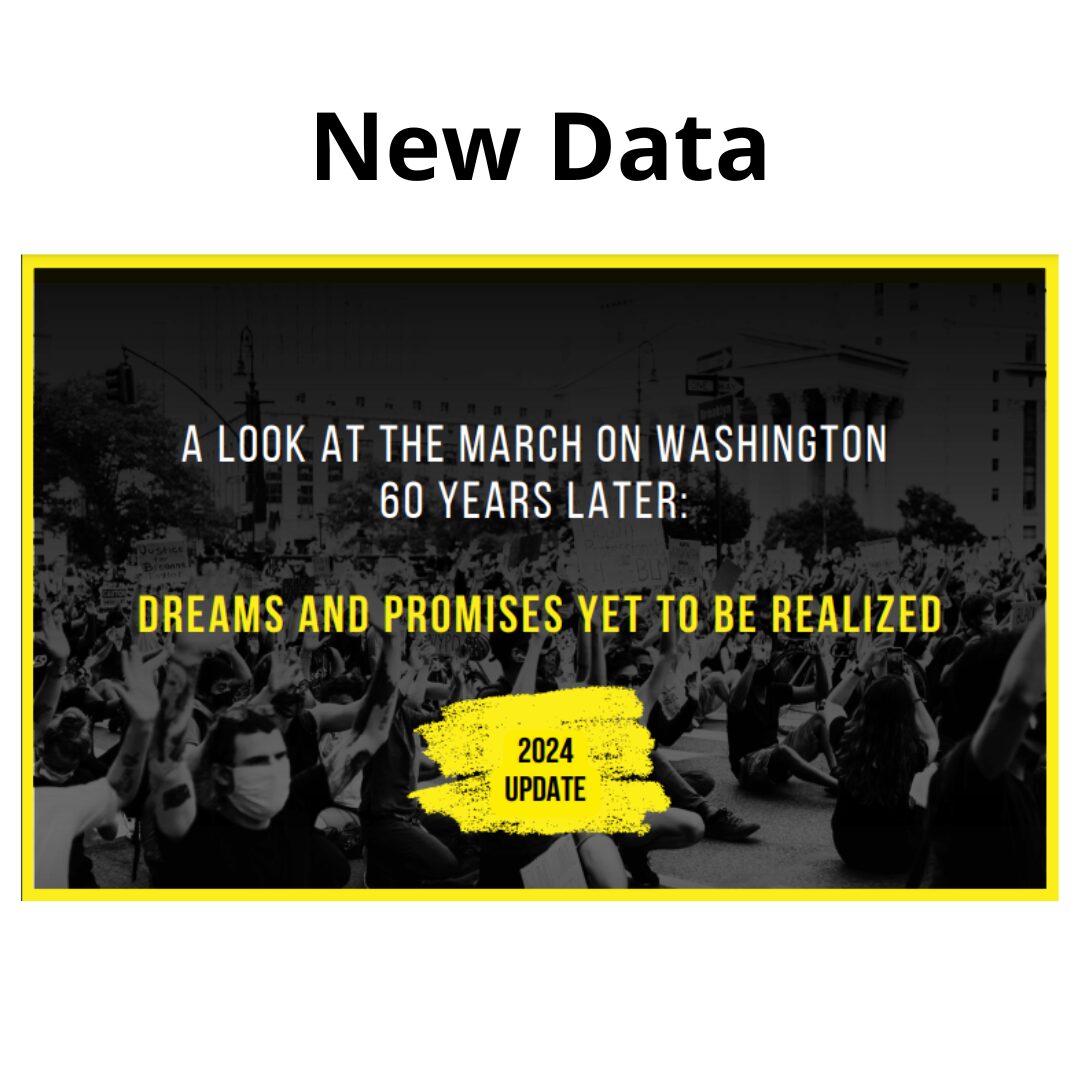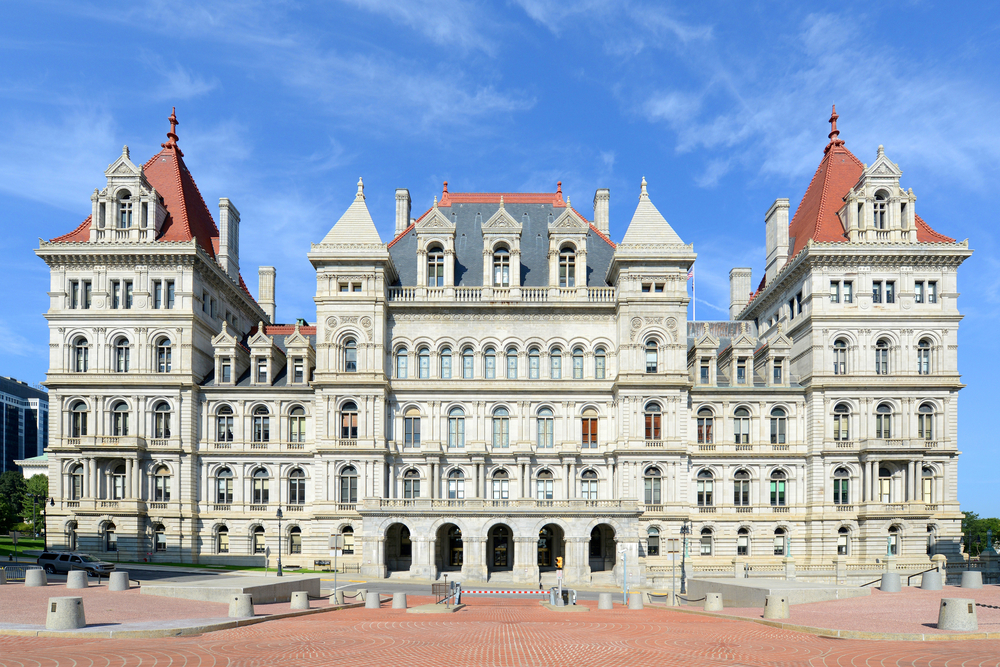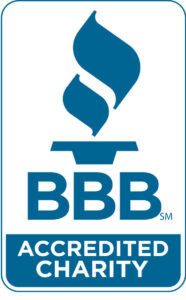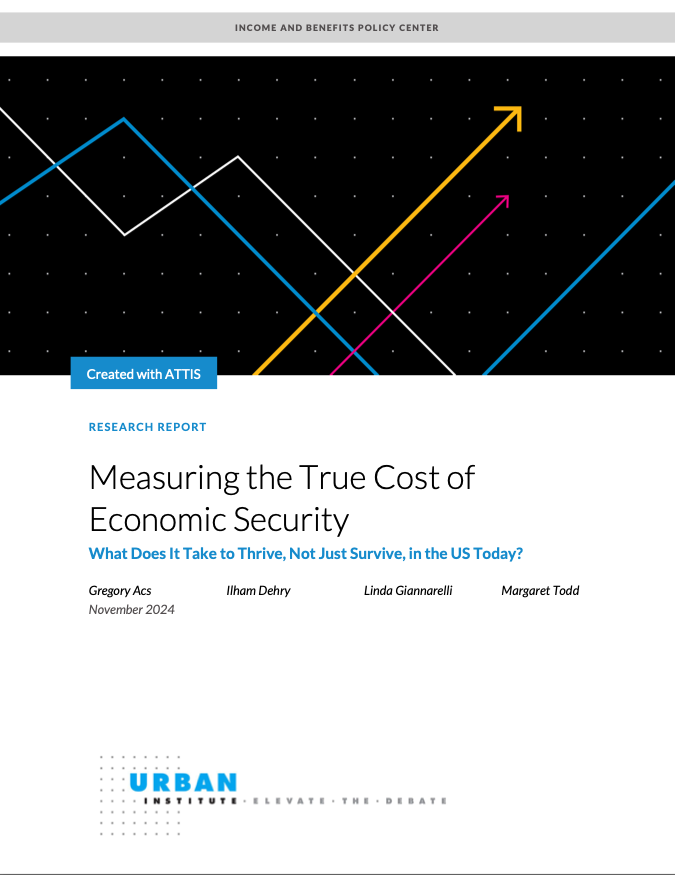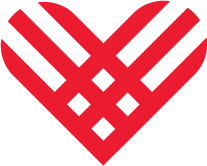Fiscal Policy Blog: Home Care Wages on Equal Pay Day
March 14, 2024
This week, FPWA marked Equal Pay Day — a symbolic reminder of the gender wage gap and an urgent call to action for pay equity. While the focus often revolves around the overall pay disparity between men and women, the day sometimes fails to shed light on the compounding structural gaps that exacerbate wage deprivation across racial lines and specifically within highly segregated industries. In the realm of home care where women, particularly women of color, make up a significant portion of the workforce the fight for true pay equity must take center stage.
Equal Pay Day, initiated in 1996, traditionally highlights the average pay women receive in comparison to men for full-time, year-round work. In 2024, this average stood at 84 cents for every dollar earned by men, up only 4 cents from 2002.[1] When broken down by race, the pay disparity is even more stark, with Black women earning only 70% of what White men earned and Hispanic women earning a mere 65%.[2]
Finding strategies to combat these differences, which persist even when controlling for age, education, and geographic area, is crucial to remedying structural gender pay disparities. Other factors including occupational segregation, devaluation of women’s work, societal norms, and discrimination, contribute to these differences.
The home care sector, in particular, exemplifies these disparities. A staggering 82% of home health and personal care aides are women with a majority of those being women of color. In New York alone, 39% of home health aides identify as Latine, compared to the 9.4% of the general worker population that is Latine. As highlighted in FPWA’s report, “The Problem of Income Inadequacy,” hourly wages for these roles are insufficient to meet basic needs. On average, Latinas receive $14.80 and Black women receive $17.00 for performing this critical and essential work. Strikingly, more than half of home care workers resort to public assistance programs like SNAP, Medicaid, or cash assistance.[3] It is shameful that any American can work a full-time job and still not manage to make ends meet — but we know for women this low-paid labor compounds the higher burden of unpaid labor such as childcare, cooking, and cleaning that they also often shoulder.
Despite the existing wage challenges in the home care sector, Governor Kathy Hochul’s Executive Budget slashes subsidies for home care workers. The Governor’s 30-day amendments proposed over $1 billion in cuts to popular consumer-directed home care including the discontinuation of the Wage Parity policy for home care workers through the Consumer-Directed Personal Assistance Program (CDPAP).[4] Ending this policy would translate into steep cuts in downstate aides’ hourly wages. While these workers do receive a prevailing wage, exceeding the minimum wage level by $2.54 in the City of New York and by $1.67 in Westchester, Nassau, and Suffolk counties,[5] this higher “prevailing wage” policy, a pay rate set by law for work on public work projects, was a modest concession provided to already under-remunerated workers in higher cost areas.
Exacerbating this further, Governor Hochul’s proposal to limit CDPAP access to those who can “direct” their care, disqualifying individuals with Alzheimer’s or other cognitive impairments, raises serious concerns about inclusivity and support for vulnerable populations.
As the fourth-highest employment occupation in the state and among the fastest-growing professions, home care workers, particularly women of color, are at risk of being trapped in a cycle of poverty and deprivation if these cuts are implemented.[6] The cruelty of cutting the wages of the lowest paid in our state, especially those who take on the care work of our elders and those with chronic disabling conditions, should highlight our government’s complicity in perpetuating continued injustice against women.
In recognition of Women’s History Month, we call on Governor Hochul to reconsider these detrimental proposals, emphasizing the importance of supporting women in New York and advocating for the well-being of our elders who rely on these crucial services.
FPWA stands with home care workers in their fight to receive the recognition and compensation they deserve. We will continue to advocate for structural solutions to wage deprivation and income inadequacy that can uplift all women, particularly women of color. This budget season let us all strive for a fair and equitable future that prioritizes #carenotcuts.
By Emily Pisano, Fiscal Policy Analyst
[1] https://www.pewresearch.org/short-reads/2023/03/01/gender-pay-gap-facts/
[2] https://www.fpwa.org/resource-center/in-the-news/more-than-seven-million-new-yorkers-cant-afford-basic-needs/
https://fiscalpolicy.org/workforce-report-labor-shortage-mitigation-in-new-yorks-home-care-sector
[4] http://health.wnylc.com/health/index.php?View=news&EntryID=78#CDPAP%20cuts%20budget%202024
[5] HYPERLINK “https://dol.ny.gov/system/files/documents/2023/11/p105-home-health-aide-11-23-23.pdf”https://dol.ny.gov/system/files/documents/2023/11/p105-home-health-aide-11-23-23.pdf
[6] https://www.bls.gov/ooh/healthcare/home-health-aides-and-personal-care-aides.htm#:~:text=in%20May%202022.-,Job%20Outlook,on%20average%2C%20over%20the%20decade.

